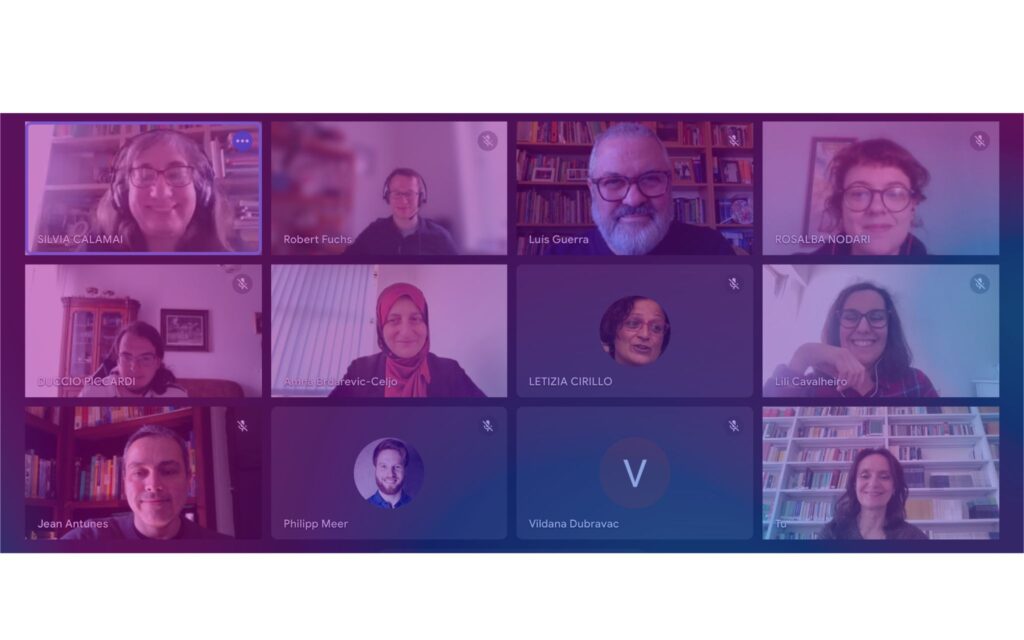Active networking within the LITHME COST action has helped to launch an Erasmus+ project focusing on
accent discrimination.
Accents can play a substantial part in the workplace, in legal contexts, and in school settings. The newly
funded Erasmus+ project ‘Counteracting accent dIscrimination pRactiCes in Education’ (CIRCE) addresses
accent discrimination in education. It aims to raise awareness about the phenomenon, and to develop a
greater tolerance towards accent variation in school and university students and teachers.
The three-year project involving six research institutions from four countries ‘was born thanks to
LITHME’, claims Claudia Soria, the chair of LITHME working group 4 ‘Language diversity, vitality and
endangerment’, who represents the Italian National Research Council in CIRCE. The project’s
coordinator is LITHME Management Committee member Silvia Calamai from Siena University (Italy).
Other collaborating institutions are the University of Münster (Germany), the University of Hamburg
(Germany), International Burch University (Bosnia and Herzegovina), and the University of Évora
(Portugal).
‘The CIRCE project is an outcome of the COST LITHME action and was conceived as a result of the
intensive networking activity that LITHME created and fostered,’ tell Soria and Calamai. ‘Representatives
of some of the CIRCE partners are active members of the LITHME working groups, and the COST Action
has played a key role in accelerating the exchange of information and the search for specific expertise
among the partners.’
While various accents pose a challenge to language technology and can often be disregarded by tech
developers altogether, the school environment is a hotspot for investigating ‘accentism’. Students are
exposed to different accents and can form and reinforce their attitudes towards these on the basis of
peer pressure. Teachers are also confronted daily with regional and non-native accents of the national
language and may thus unconsciously succumb to prejudice and negative evaluations of non-standard
varieties. The scientific literature shows that this can occur even in people with high sensitivity to
linguistic diversity and multilingualism.
Among other goals, CIRCE aims to develop tools to teach how to ferret out the phenomenon, so it can
be discussed and dealt with.

